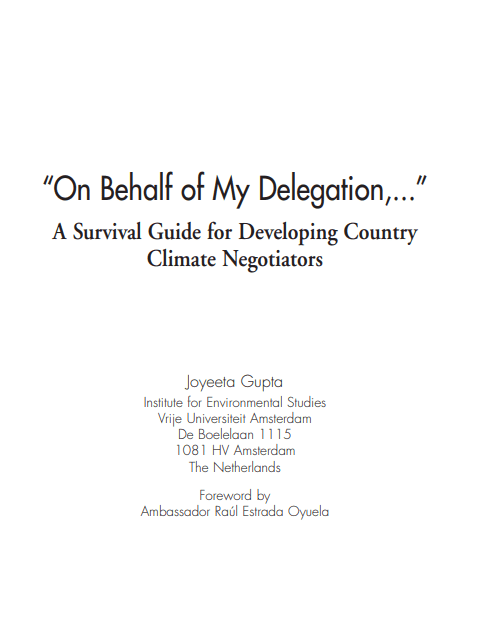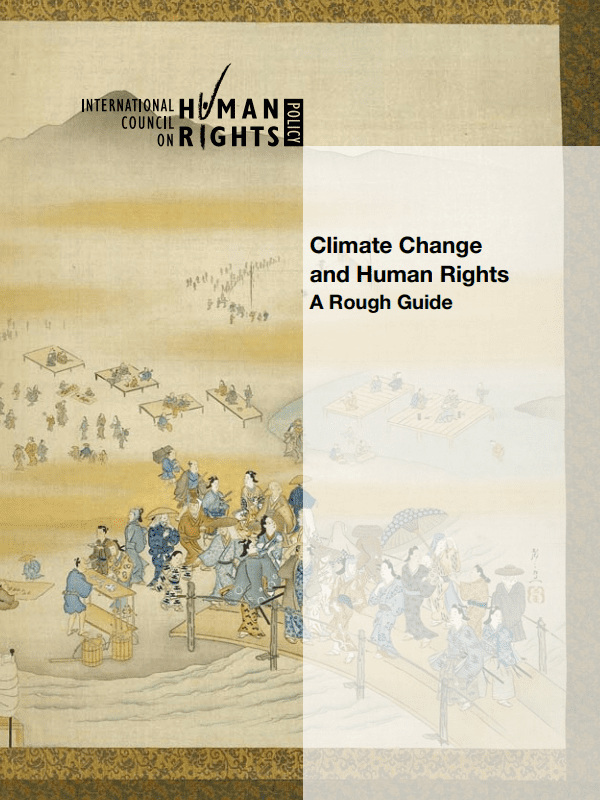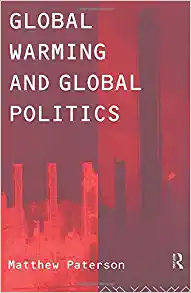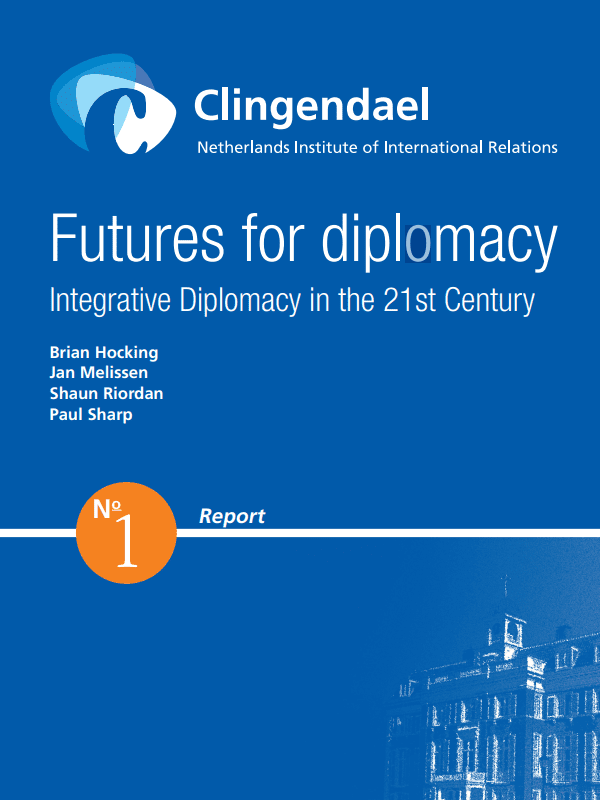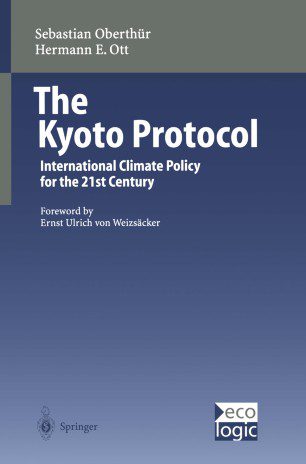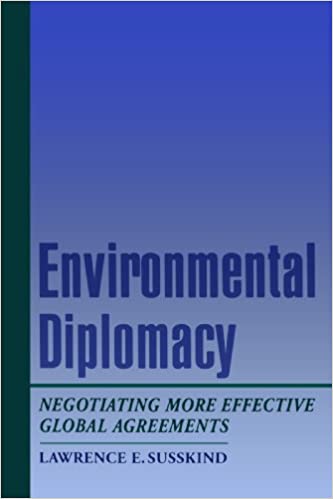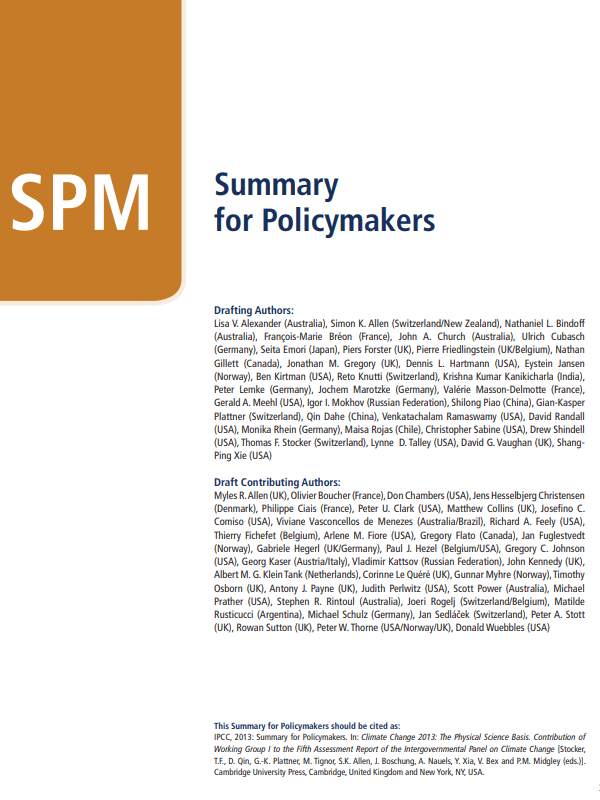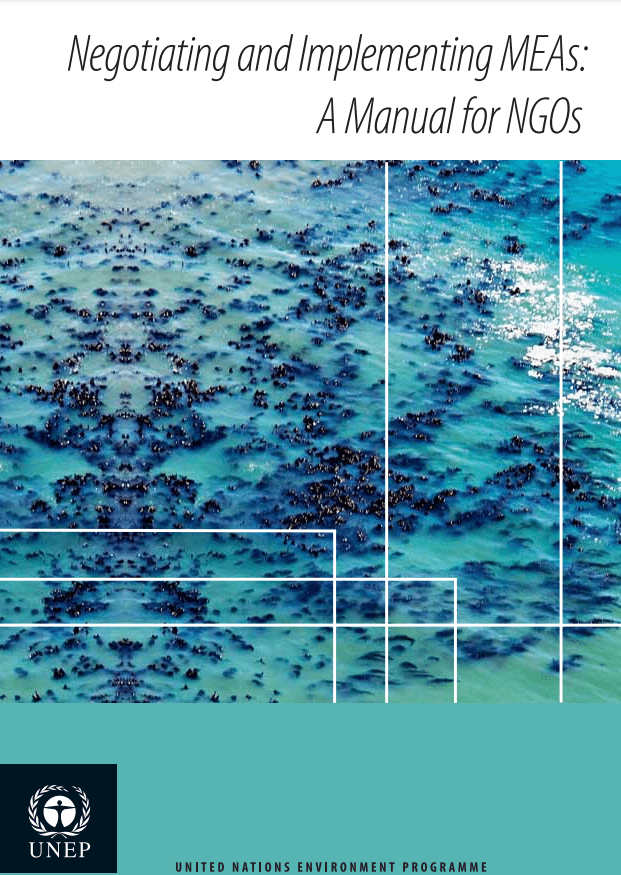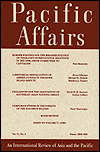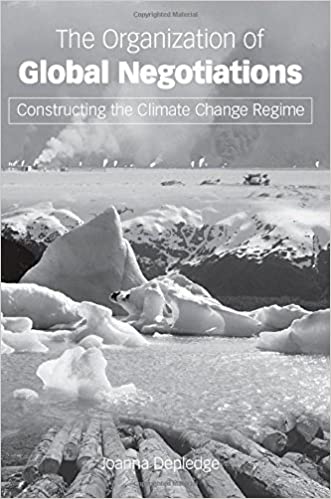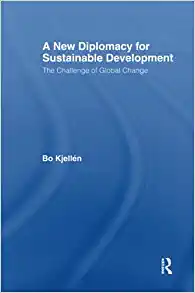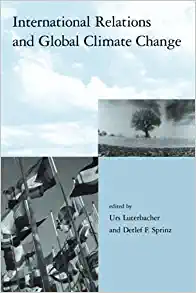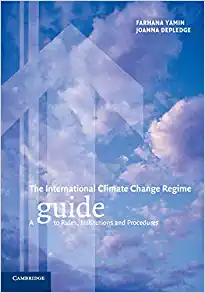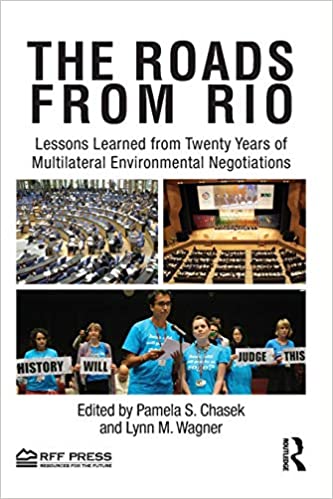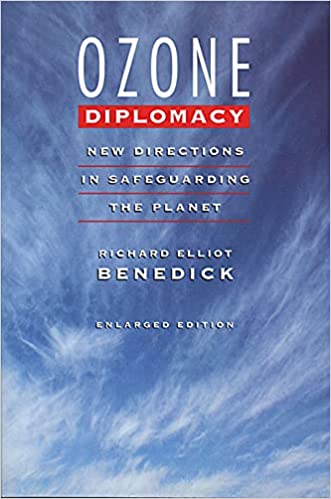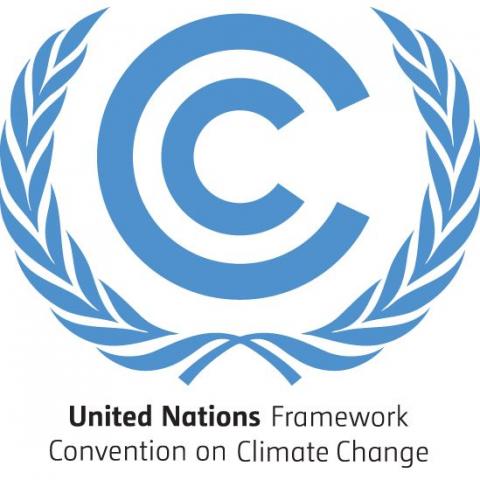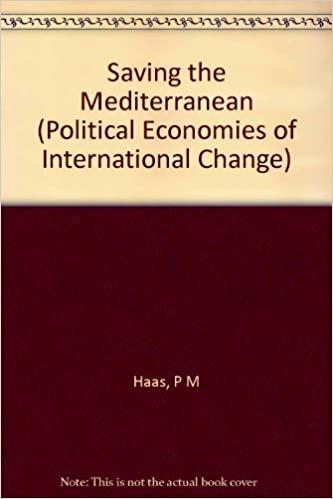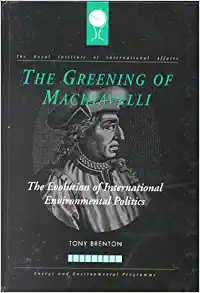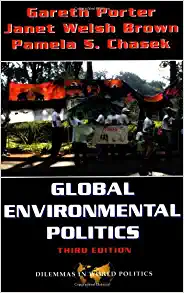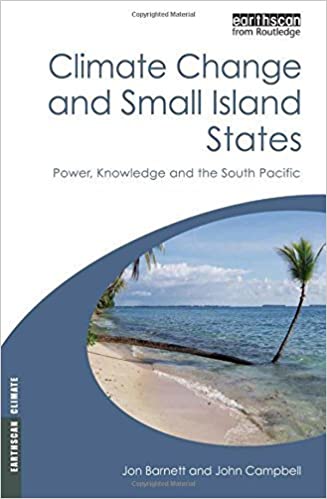The books greatest merit – to have tried to place climate and ancient history side-by-side – remains unchallenged. And so is its main lesson. Climate will change. Human ingenuity will offset the change at first by ‘deepening’ agricultural technologies – scaling them up – and adjusting social structures to suit the changed situation. ‘In our efforts to cushion ourselves against smaller, more frequent climate stresses, we have consistently made ourselves more vulnerable to rarer but larger catastrophes. The whole course of civilisation may be seen as a process of trading up on the scale of vulnerability.’
I have written the term ‘consistently’ in italics – for a reason. As Jared Diamond shows in his latest book [2], this is not a deterministic process or even a consistent pattern. Some societies managed to adapt to climatic change; other have chosen to fail. The Vikings in Greenland chose to starve to death rather than eat readily available fish. Other societies, on the other hand, just did not have the technologies to adapt – and perished.
For the last 500,000 of the past 780,000 years the world’s climate has been oscillating from warm to cold and back again. Glacial periods have lasted much longer than the warmer periods. Starting with the Holocene (10,000 years ago) an unprecedented long summer began. Our civilisation arose during a remarkably long summer. Mankind, however, was already on the move long before that time.
In Europe the ice cap – 4 km thick – reached the shores of the continent. It was surrounded by rubble-strewn desert, and encircled by steppe/tundra further to the south. Cro-Magnons lived from hunting reindeer and waterfowl, fishing salmon, and they protected themselves from the cold with layered clothing sown with needle and thread. ‘We can imagine late Ice Age Europe as a breathing continent, drawing animals and people into itself during warmer times, then expelling them in colder ones, only to start anew centuries later.’ No one seems to have lived in extreme northeastern Asia.
100,000 years ago, as the sea level fell by 90 metres, a land bridge – Central Beringia – had formed between Asia and America. Genetic, linguistic and archaeological evidence indicates that the first Americans came from northeast Asia as part of the natural dynamics of the hunter-gatherer life around 13,500 BC, following a warming phase that had begun 1,500 years earlier. An ice-free corridor developed in what is now Canada east of the Rockies, and by 12,000 BC humans had reached Chile. By 11,200 BC the ‘Clovis people’ had spread throughout North America.
Much had been said recently about the ‘shutting down the circulation of the Gulf Stream’ – so the mechanism may be explained here. It has been noted that ice grew slowly, but dissipated quickly. Why? Repeatedly, in the Bay of Hudson, as it reached a critical height, the ice slid off the granite base into the Labrador Sea, where it melted. As the sand trapped in the melting ice sank to the bottom, it left the telltale signature of a ‘Heinrich Event’ (after its discoverer). There were eight of them, the last about 13,500 BC. The melting freshwater thinned out the downwelling salt water in the Gulf Stream and stopped the circulation. With the Gulf Stream out of sorts cold, dry and windy conditions settled over North America and Europe.
The latest cold snap (Younger Drias) took place 11,000 BC and lasted about 1,000 years, halting the warming trend that had characterised the period since 13,000 BC. In all likelihood this cold climatic phase was triggered, however, by the catastrophic emptying of the Lake Agassiz, a lake formed by surrounding Laurentide glaciers in Northern Canada and dwarfing the current Great Lakes system.
In Europe, the period between 13,000 and 8,000 BC was ecologically unstable – on the whole, however, forests spread as temperatures rose, driving out big game, or leading it to extinction. Cro-Magnons adapted by becoming omnivorous and living in scattered settlements in clearings near the coasts of lakes and the sea. Technologically they moved on from spears and spear-throwers to the bow.
Warmer conditions in 13,000 BC had brought rain and acorn-rich forests to the Middle East, as well as abundant water. The hunter-gatherers Kebarans extended their range from the Levant all the way into Anatolia. Their descendants, the Natufians, ate plant foods – wild grasses in spring, acorn and pistachio nuts in the fall – and built permanent communities near the trees. From mainstay in the diet hunting became a supplement. Settlement became necessary, for the acorn meal took a long time to prepare. Settlements grew and filled up the landscape. This evolution came to an end 11,000 BC with the arrival of the Younger Drias. In the region even minor shifts in rainfall patterns could trigger major vegetation changes. Forests retreated, and the people attempted to grow grasses to expand the wild harvest. The first domesticated seeds – rye, einkorn, and lentils appeared. This was not enough – and the lands were abandoned. When the warming resumed and the weather turned humid again, agriculture was the staple of life. By 9,500 BC he people were almost completely dependent on cereal agriculture. 500 years later they switched from harvesting gazelles to herding sheep and goats.
Cataclysm was to strike again, around 6,200 BC. Another lake burst in northern Canada, sending a massive outflow of meltwater to the Gulf of Mexico. A 400-year mini-ice-age ensued. To add to the problems, sea levels rose rapidly. After the cold spell, warming resumed, and sea levels rose further. About 5,600 BC the water of the Mediterranean spilled over the Dardanelle Straight into what at the time was a lake – and created the Black Sea.
By 5,000 BC the major climatic shifts were largely over – the long summer had established itself. The period to the present was not a period of stability, however. Even smaller climatic changes yielded momentous impacts for settlements and civilisations. Examples abound. Starting with 5,800 BC cities arose in Mesopotamia, as farmers created ever more complex irrigation systems. A city allowed more centralised social organisation and division of labour for complex irrigation tasks. Surpluses were accumulated to offset droughts. Administrative and religious casts emerged. But the climate remained fickle: About 3,800 BC a period of cold droughts set in. Outlaying farms were abandoned and a landless class became available to work for wages. By 3,200 BC the Sumerian civilisation had emerged. Trade flourished. Akkadians replaced the Sumerians, only to collapse – probably as the result of anomalous droughts.
FAGAN tells this and other stories well, and in the second part of the book he devotes chapters to the fate of many of the civilisations we know, from Egypt to the Mayas. The tale is always the same. Climatic change happens – either of a large scale, as when natural catastrophes occur, or because of natural variability. For a while mankind adapts successfully. Technology allows people to overcome smaller, more common stresses – like the occasional drought that is bridged by stocking food from year to year. In order to do that people unwittingly accept greater vulnerability – by creating permanent settlements they forego the option to migrate in response to long-term climatic shifts. They are prisoners of the system they have created and perish with it. Human history of its interaction with the climate is a cautionary tale.
Yes – climatic change happens, and it really matters little whether it is man-driven or natural in origin. Yes – natural catastrophes dwarfing the tsunami we’ve just experienced happen. Volcanoes have repeatedly triggered droughts or floods and famines. Technology can offset disaster, but can also exacerbate them. And finally, yes – we are not very good at foresight.
Notes
[1] Global warming, e.g., may be far older than we think. As mankind started to cut down forests and developed irrigation the CO2 balance was upset. We should have been in an ice age by now, if things had gone in accordance to the earth’s position with respect to the sun. See William F. Euddiman (2005), ‘How did humans first alter global climate?’ Scientific American CCLXCII, 3 pgs 34-41.
[2] Jaren Diamond (2005), Collapse – How societies choose to fail or succeed. Viking, New York; xi + 575 pgs.
Review by Aldo Matteucci


